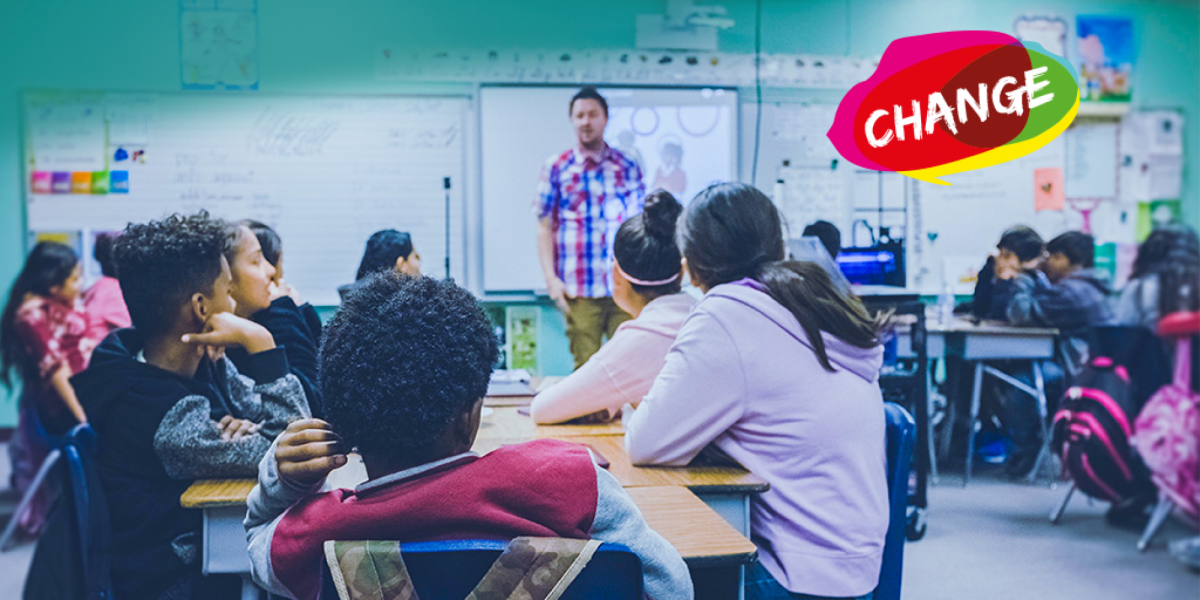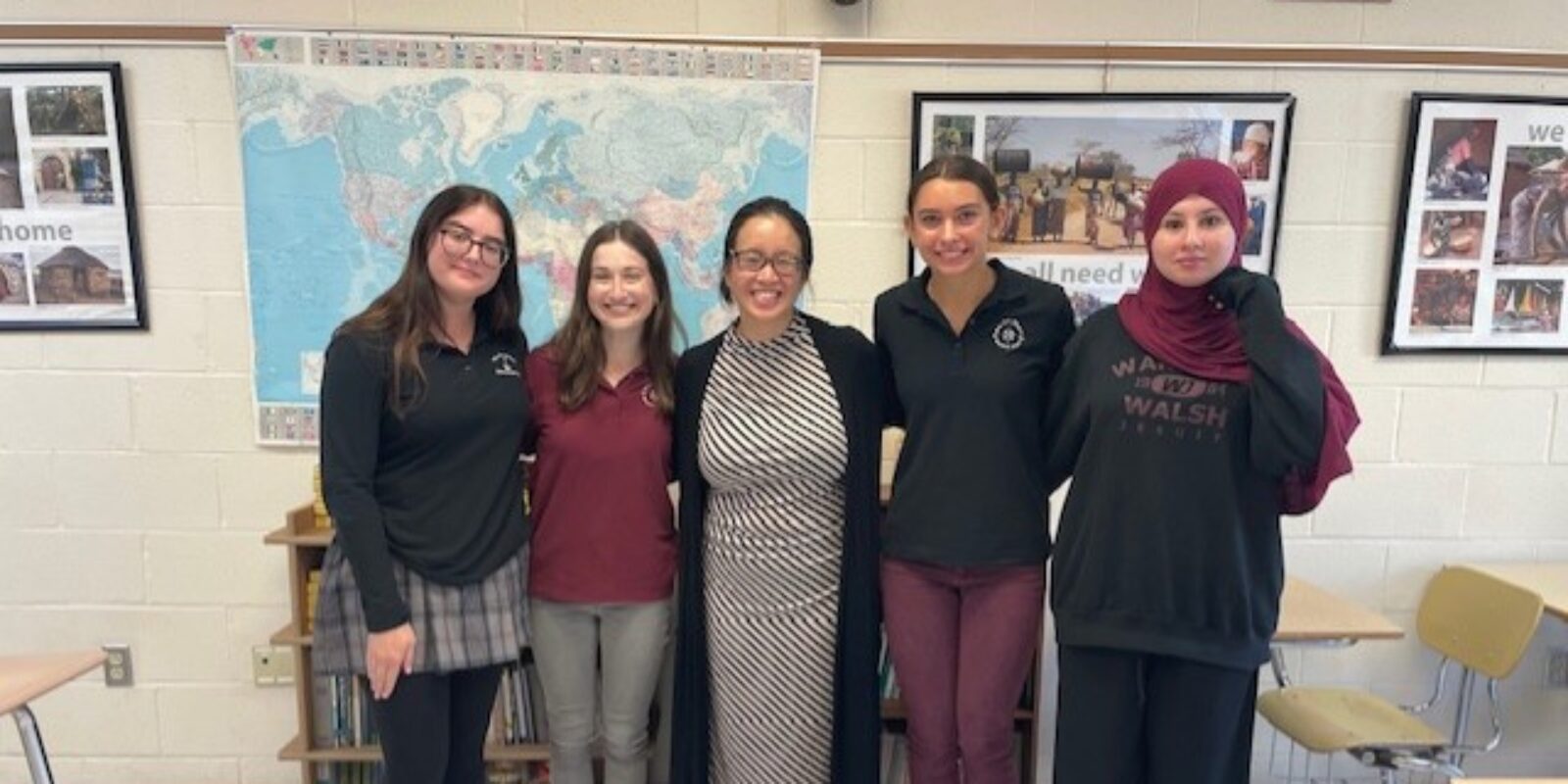
JRS Europe’s CHANGE program is creating a new, more comprehensive curriculum for students to learn about forced migration and refugees. Students, teachers, and people experiencing displacement connect through this program to create more inclusive and understanding communities.
“Each participating country (Belgium, Croatia, Hungary, Ireland, Italy, Malta, the Netherlands, Portugal, and Spain) operates differently,” Ms. Anouk Severin, the School Outreach Coordinator for JRS Europe said. For example, JRS Italy spread the word through a previously well-established network of schools who were eager to participate in the program. Because of the Jesuit order’s dedication to education, JRS Europe has been able to use the Jesuit network to reach more schools. In Belgium alone, over 30 schools have implemented the CHANGE program.
The CHANGE program has six steps for students to complete:
- Establishing self-awareness
- Critical research
- Changing perspectives through encountering one another
- Forming and debating viewpoints
- Dealing with prejudice
- Creating an action event
CHANGE works to teach young people about the positive contributions refugees make in society. Ms. Severin highlighted the third and sixth steps as some of the most vital aspects of the program.
The third step – changing perspectives through encountering each other – has students meet with a refugee to listen to their story and learn about their experience. As testimonies from students and teachers alike can attest, education is at the root of stopping such prejudice.
“Prejudice often comes from a lack of knowledge about the circumstances of migrants, their experiences, and what they have to go through to become part of their new country,” one participant said.
“My life hasn’t been easy, but it will help others,” one refugee speaker explained regarding their intention behind speaking with CHANGE participants.
“I think young people are the future,” said Ivo Shimwa, a refugee from Mozambique living in Brussels, “School is one of the first places where you can inspire people.”
One teacher recounted how creating dialogue between students and refugees helped their students develop compassion and empathy, noting that “it makes the students face their impressions, feelings, and beliefs outside of purely intellectual considerations.” Through the meetings, students gain a clear understanding of not only the facts and statistics surrounding displacement, but also the human experiences that accompany forced migration.
“This encounter reinforced my intention of working in a field dealing with injustice and social causes in the future,” one student said.
The sixth and final step of this program is a call to action where CHANGE students put all that they have learned into a service project that benefits refugees and other forcibly displaced people. Students identify a need in the community then develop mission-based action plans. These plans have taken the form of donation drives, petition/letter signing events, and cultural support activities.
This step also helps to continue the legacy and reinforce the impact of CHANGE on a school community. After they complete the program, students become “Ambassadors” who continue the mission of creating a more inclusive narrative around refugees and displacement.
Since its launch in 2019, over 45,000 students throughout Europe have participated in the CHANGE program. To make it easier for teachers to implement the program into their curriculum, JRS Europe created a course packet that guides teachers and students through each step. Each teacher can take the course packet and customize it to suit their class’s needs.
Over 84 million people are displaced around the world. That number will only continue to grow, which means the changes effected by the CHANGE program have never been needed more.
You can learn how your school or group can access the course packet here.


